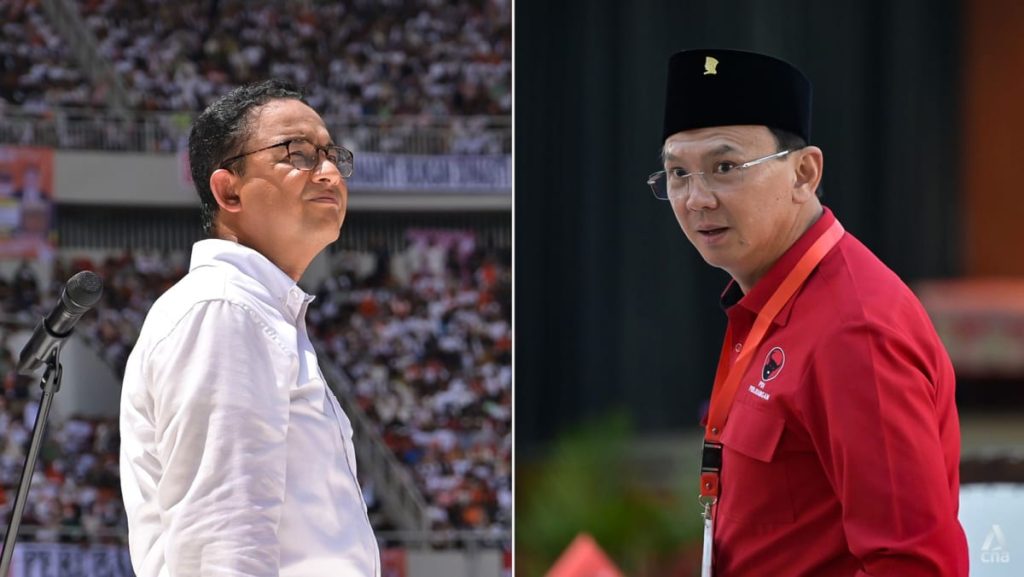Former West Java governor Ridwan Kamil, backed by his party Golkar, is being considered as a potential contender for the Jakarta gubernatorial election. Despite billboards suggesting his candidacy in Jakarta, Mr. Ridwan is leaning towards running in West Java again. However, his final decision may depend on his party’s assignment, as he has only served as governor once and is eligible to run again. This uncertainty leaves room for speculation on his potential candidacy for the upcoming election.
Former Jakarta governor Ahok, who recently launched a podcast addressing Jakarta’s issues, was also a prominent figure in the political landscape. After losing the 2017 gubernatorial election in a runoff to Mr. Anies, Ahok was imprisoned for blasphemy but released in January 2019. With the option to contest for governor again, observers consider his chances but note that he does not belong to any political party. This may pose a challenge for Ahok, as hopefuls without party support may struggle to mobilize campaign resources effectively.
Despite his past success in the 2017 election, Mr. Anies will need the backing of political parties to contest in this year’s Jakarta gubernatorial race. Independent candidates, like retired police commissioner general Dharma Pongrekun, often face challenges in gaining traction without the support of established political parties. As candidates had to register with Jakarta’s election commission by a certain deadline, the absence of Mr. Anies among the independents may indicate his intention to seek party endorsement for his candidacy.
The competition for the Jakarta gubernatorial election is shaping up with the emergence of various potential candidates. In past elections, multiple pairs of candidates have contested, leading to runoffs and significant political waves. This fragmented political landscape highlights the importance of party support and campaigning machinery in securing a strong position in the election. Independent candidates, while not impossible to succeed, face an uphill battle in establishing relevance and visibility without party backing.
The upcoming Jakarta gubernatorial election is attracting a diverse field of candidates, including former governors, independent contenders, and potential party-backed figures. The choices for voters are expanding as various individuals consider their candidacy and explore alliances with political parties. This diversity in the candidate pool reflects the dynamic nature of Jakarta’s political landscape and the unpredictability of elections, where multiple factors such as party support, voter preferences, and campaign strategies play a crucial role in determining the outcome.
The Jakarta gubernatorial election is a key event that will shape the city’s future leadership and direction. With former governors, independent candidates, and potential party-backed figures in the mix, the election presents a complex and competitive scenario. The decisions made by candidates on their candidacy, party alliances, and campaign strategies will have a significant impact on the outcome of the election and the governance of Jakarta moving forward. As the election approaches, the political dynamics and maneuvering among candidates will likely intensify, providing an intriguing spectacle for voters and observers alike.















